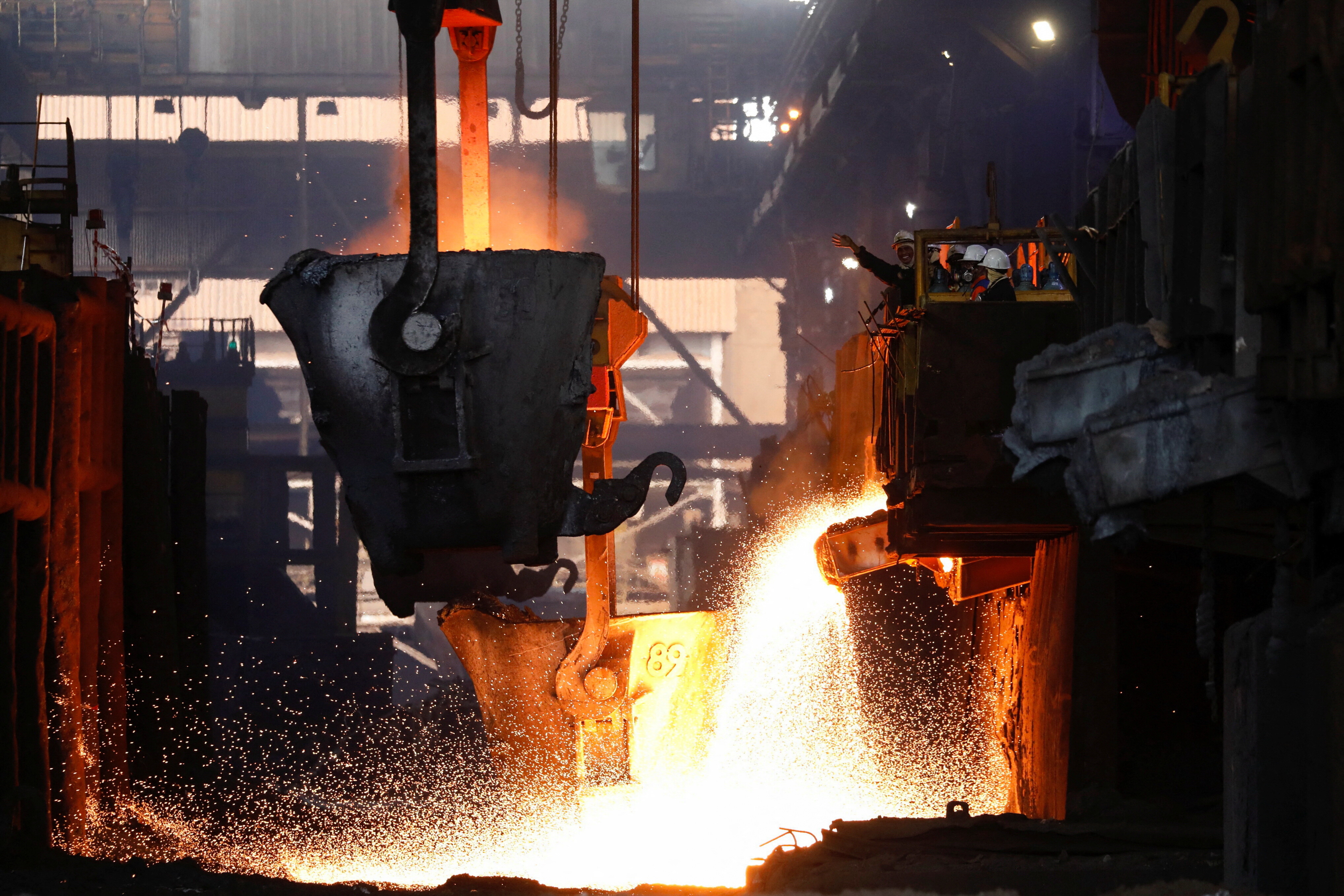ECB extends monetary easing, Goldman creates virtual currency and harder than diamonds

This article is published in collaboration with FirstFT.
The daily briefing “FirstFT” from the Financial Times.
Mario Draghi’s latest bid to revive the eurozone economy by extending unprecedented monetary easing prompted a sharp sell-off on Thursday in markets that had bet on even more.
The European Central Bank pledged to continue its €60bn-a-month bond buying programme for another six months until March 2017 “or beyond”. Policymakers also cut a key interest rate to a historic low of minus 0.3 per cent and pledged to buy more assets with the proceeds of its existing bond purchases. (FT)
In the news
Saudi Arabia throws down the gauntlet The kingdom has challenged other big oil producers to join it in output cuts, saying it would back actions to shore up prices next year if these are mirrored by rivals both inside and outside the cartel. (FT)
Goldman creates virtual currency The US investment bank has made a patent application for a cryptocurrency settlement system in a move that underlines bank hopes that the architecture behind bitcoin can revolutionise global payments. The application for a new virtual currency, dubbed “SETLcoin” by the bank, said it would offer “nearly instantaneous execution and settlement” of trades involving assets including stocks and bonds. (FT)
Explosives at shooters’ home The husband and wife who killed 14 people at a Californian social services centre had an arsenal of weaponry in their home, including bomb equipment and thousands of rounds of ammunition, police said. (BBC)
Putin raises the heat on Turkey Russian president Vladimir Putin ratcheted up his rhetoric against Turkey in his annual state of the nation address, threatening to make the country “regret more than once” shooting down a Russian jet last week. Turkey has insisted that it shot down the Russian bomber after it had entered its airspace, something Moscow denies. (FT)
Cameron ditches hopes for EU deal before 2016 David Cameron has abandoned hopes of striking a new membership deal for Britain at this month’s EU summit. The dimmed outlook came as “difficult issues” remained, making it unrealistic to expect a pact could be made by the meeting on December 17-18. (FT)
It’s a big day for
US jobs Friday’s nonfarm payroll report will be the last jobs report ahead of the Federal Reserve’s monetary policy meeting later this month that could see the central bank lift rates for the first time since 2006. Economists have forecast that the economy added 200,000 jobs in November, from 271,000 the previous month. (FT)
Food for thought
North Korean ghost ships Mysterious, crew-less “ghost ships” have been washing up on the western shores of Japan. Over the past two months at least 13 wooden boats have turned up, with more than 20 decaying bodies on board, leaving officials baffled. (BBC)
The other City of London The Square Mile is synonymous with investment bankers, insurance brokers and lawyers toiling away in gleaming glass and steel office buildings. But there is a world outside the law firms and banks: the butchers, the beadles and the bartenders. The FT explores the other side of the City of London. (FT)
The contest between Isis and al-Qaeda Isis seems obsessed with al-Qaeda, from which it split in 2013 following disagreements over the goals of jihad in Syria, writes the FT’s Roula Khalaf. But there two terrorists groups are not fighting over ideology: their differences are partly over strategy and tactics and mostly about leadership. (FT)
Harder than diamond Scientists have developed a process that, when applied to carbon, creates a substance harder than diamond. Dubbed Q-carbon, the material could havemedicinal and industrial uses, scientists say. (NYT)
Travel delights and disappointments of 2015 From the wilds of Scotland and the sumptuous villas of Sardinia to crowded Cambodian temple complexes, the FT’s travel writers recap the highs and lows of a year in global travel. (FT)
Video of the day
From divergence to convergence After a surprise from the European Central Bank, the euro enjoyed the second strongest day against the dollar in its history. John Authers examines a dramatic market reaction. (FT)
Publication does not imply endorsement of views by the World Economic Forum.
To keep up with the Agenda subscribe to our weekly newsletter.
Image: The Euro currency sign is seen next to the European Central Bank (ECB) headquarters in Frankfurt. REUTERS/Lisi Niesner.
Don't miss any update on this topic
Create a free account and access your personalized content collection with our latest publications and analyses.
License and Republishing
World Economic Forum articles may be republished in accordance with the Creative Commons Attribution-NonCommercial-NoDerivatives 4.0 International Public License, and in accordance with our Terms of Use.
The views expressed in this article are those of the author alone and not the World Economic Forum.
Stay up to date:
Economic Growth
Forum Stories newsletter
Bringing you weekly curated insights and analysis on the global issues that matter.
More on Economic GrowthSee all
Gregory Van
November 21, 2025






